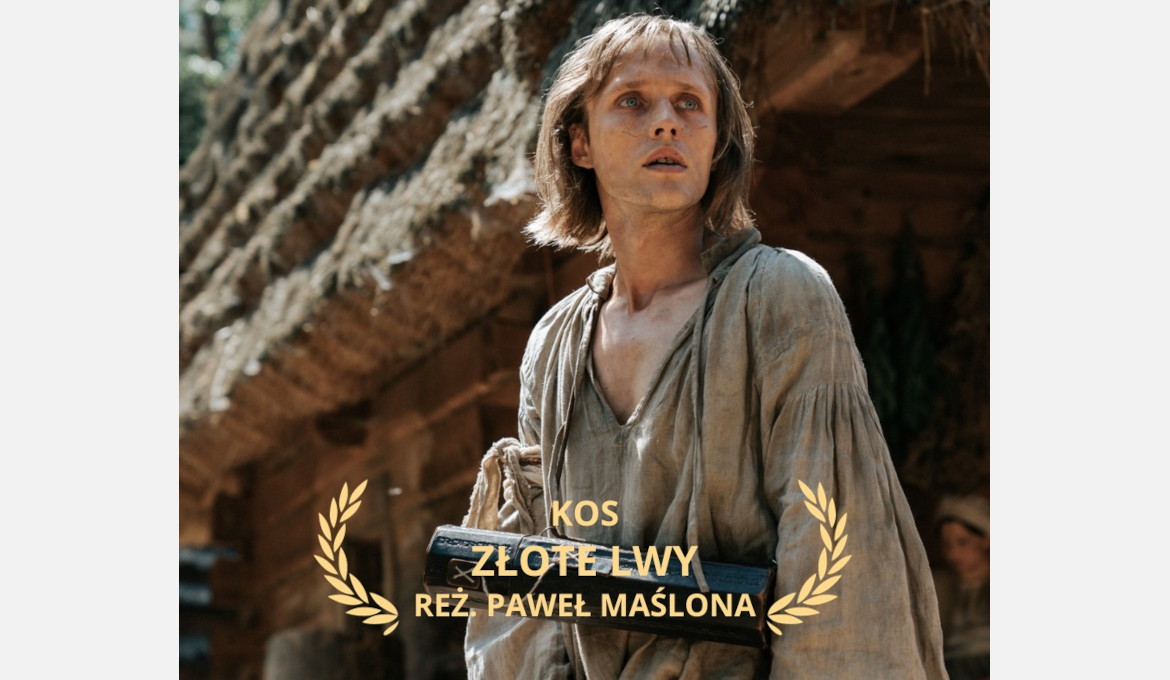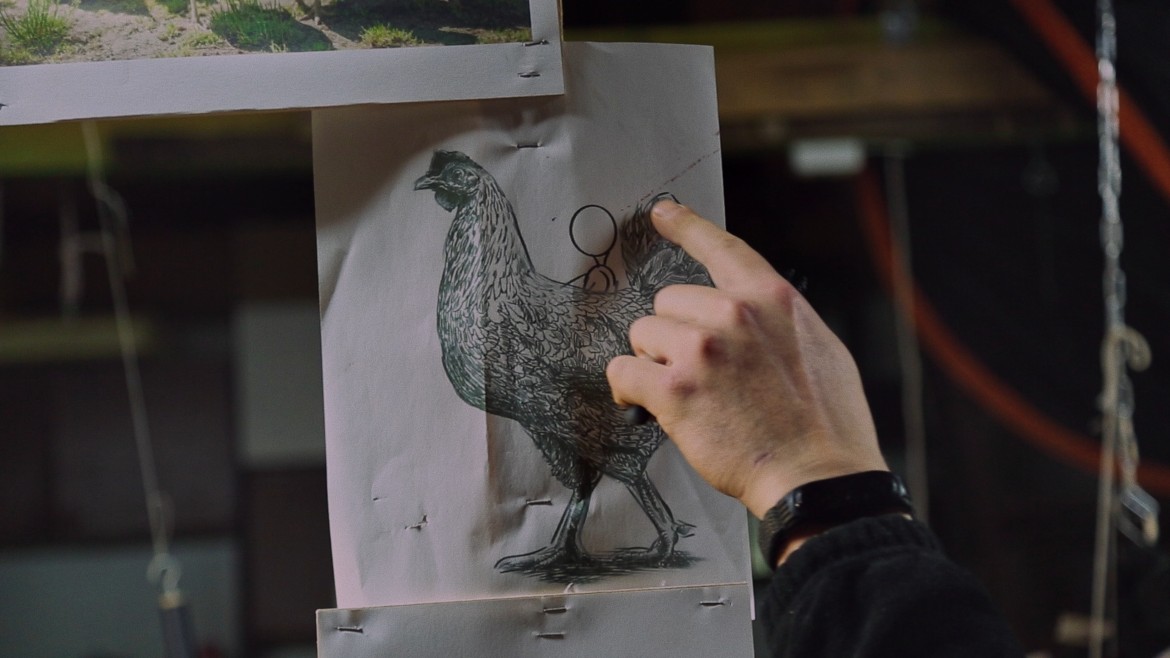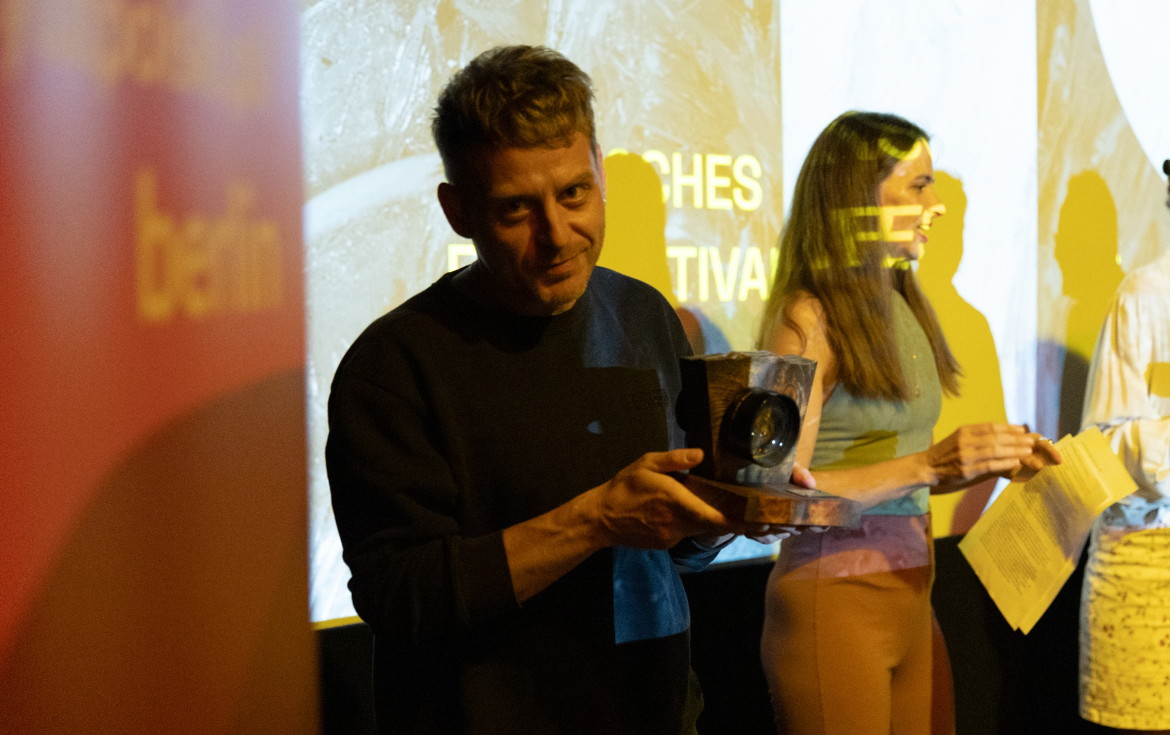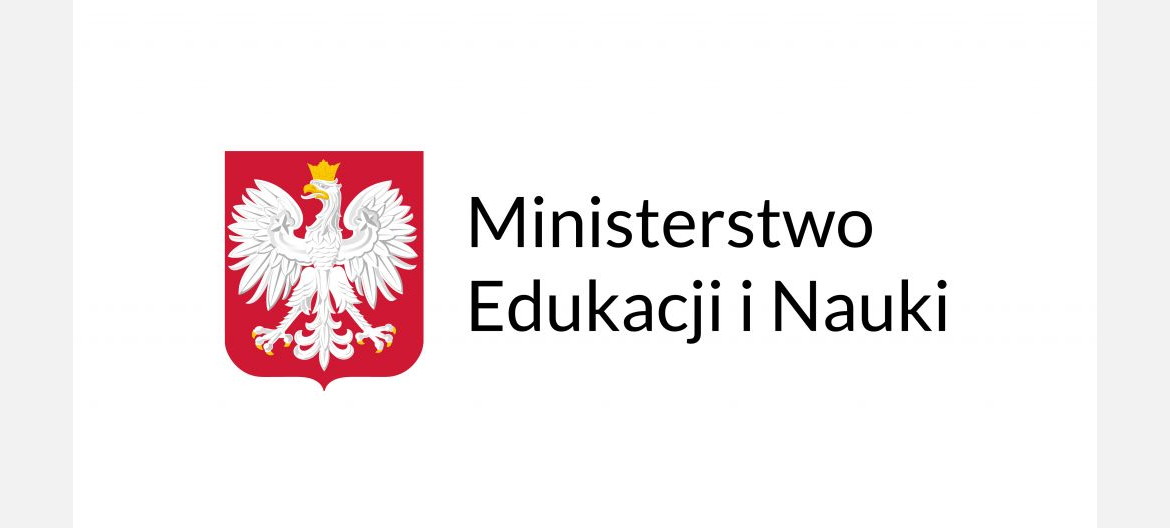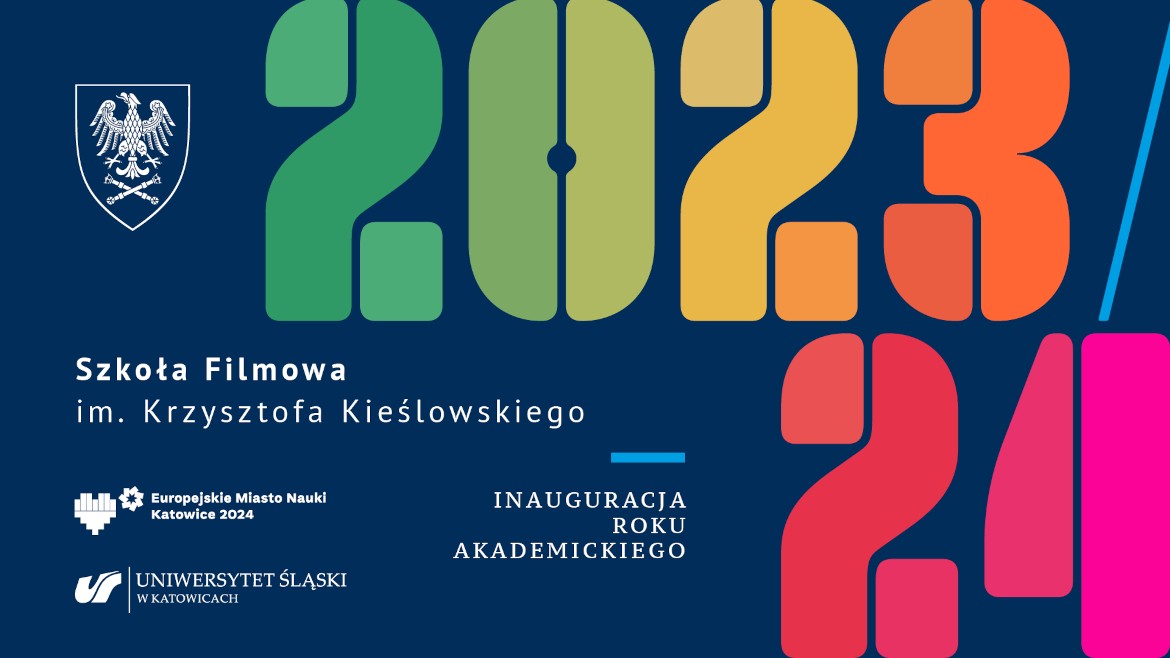
We cordially invite you to the inauguration of the 2023/2024 academic year at the Kieslowski Film School.
The ceremony will take place on October 6, 2023, at 11:00 a.m. in the cinema room, located on the first floor of the film school building (ul. św. Pawła 3).
👉 As seat availability is limited, please confirm your attendance by emailing This email address is being protected from spambots. You need JavaScript enabled to view it. by October 2, 2023.
The program will feature:
- An inaugural speech by the Dean of Kieslowski Film School, Professor Krystyna Doktorowicz
- An inaugural speech by the Vice Rector for Staff Development of the University of Silesia, Professor Ewa Jarosz
- Matriculation of students
- An inaugural lecture by Dr. Ingmar Villqist
Dear students, we warmly invite you to join us on this special day. We extend a special invitation to our first-year students (attendance is mandatory).
On behalf of Professor Krystyna Doktorowicz, we invite all faculty members to be a part of this celebration.




